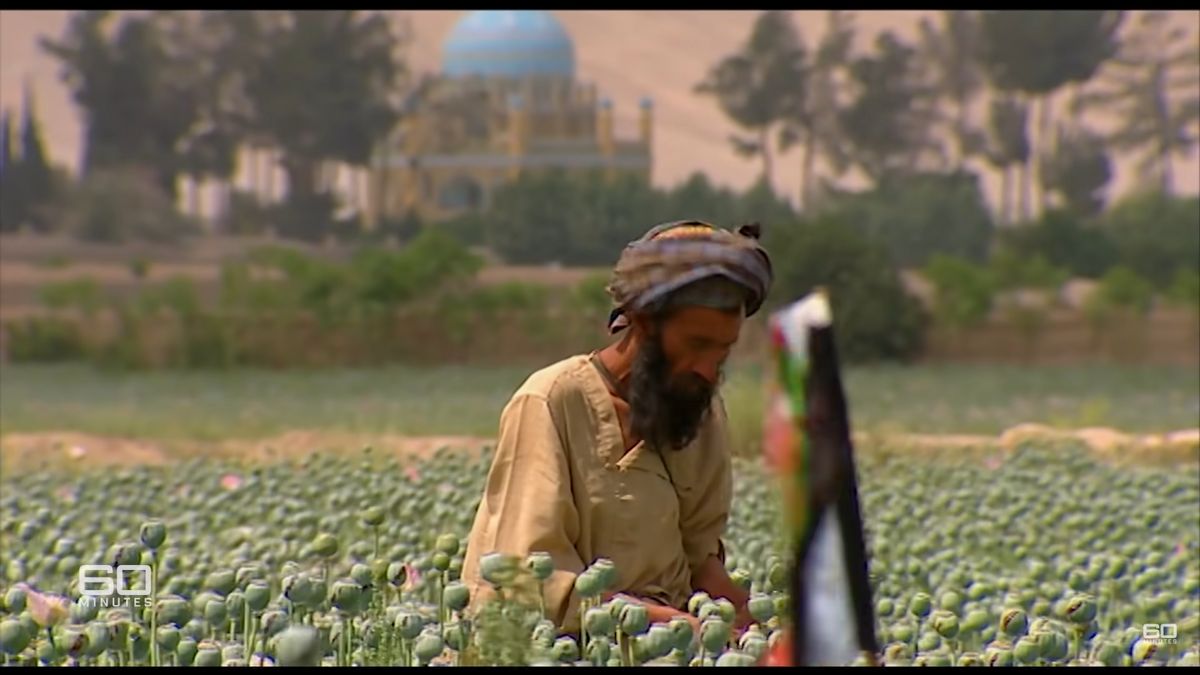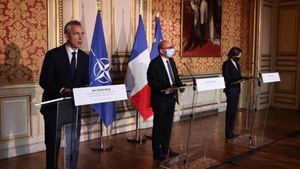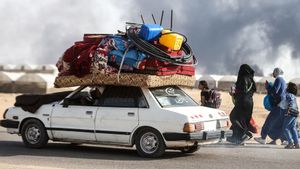JAKARTA - The Taliban government has banned the cultivation of narcotics in Afghanistan, which is the world's largest opium producer.
"According to a decree issued by the supreme leader of the Islamic Emirate of Afghanistan, it is informed to all Afghans that from now on, opium cultivation is strictly prohibited throughout the country," reads a warrant from the Taliban's supreme leader, Haibatullah Akhundzada.
"If violated, the crop will be destroyed immediately and the violator will be treated according to sharia law," said the order, which was announced at a press briefing by the Interior Ministry in Kabul.
The order says the production, use or transportation of other narcotics is also prohibited. Control of illegal drugs is one of the demands of the international community against the Taliban who seized power in August.
The Taliban is seeking formal international recognition to ease sanctions that hit hard on the banking, business and development sectors.
Towards the end of its first rule in 2000, the Taliban banned opium cultivation but faced strong opposition and eventually changed their stance, experts say.
Afghanistan's opium production has increased in recent months, farmers and members of the Taliban told Reuters. The United Nations estimates the value of the country's opium production to reach 1.4 billion (Rp 20.12 trillion) in 2017.
The poor economic situation has encouraged residents in the southeastern provinces to grow poppy because it is faster to harvest and yields more yields than other crops such as wheat.
Sources within the Taliban told Reuters they anticipated strong opposition from some elements in the group to the opium ban.
They also say there has been a spike in the number of poppy growers in recent months.
A farmer in Helmand said in recent weeks the price of opium had doubled, sparked by rumors that the Taliban would ban its cultivation. But he says he still grows opium to support his family.
"Other crops are not profitable," he said.
The English, Chinese, Japanese, Arabic, and French versions are automatically generated by the AI. So there may still be inaccuracies in translating, please always see Indonesian as our main language. (system supported by DigitalSiber.id)








